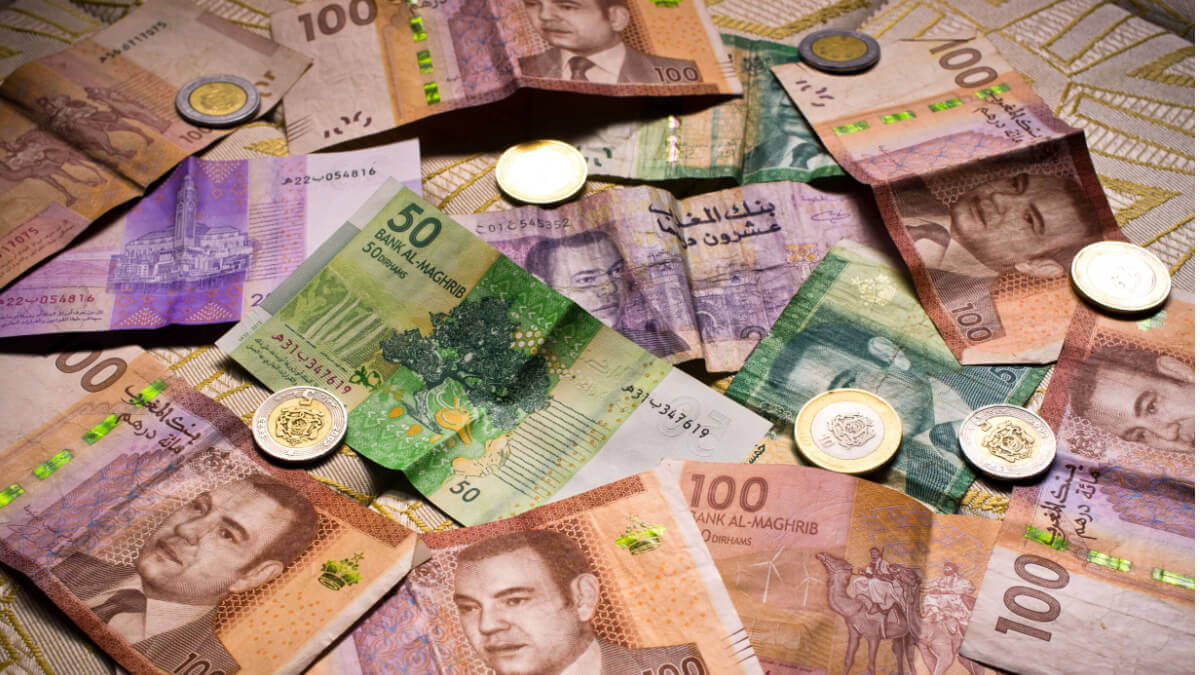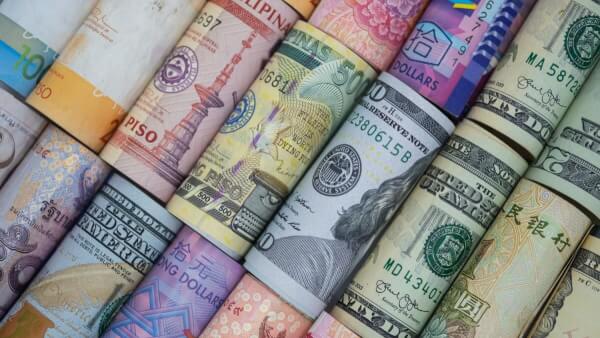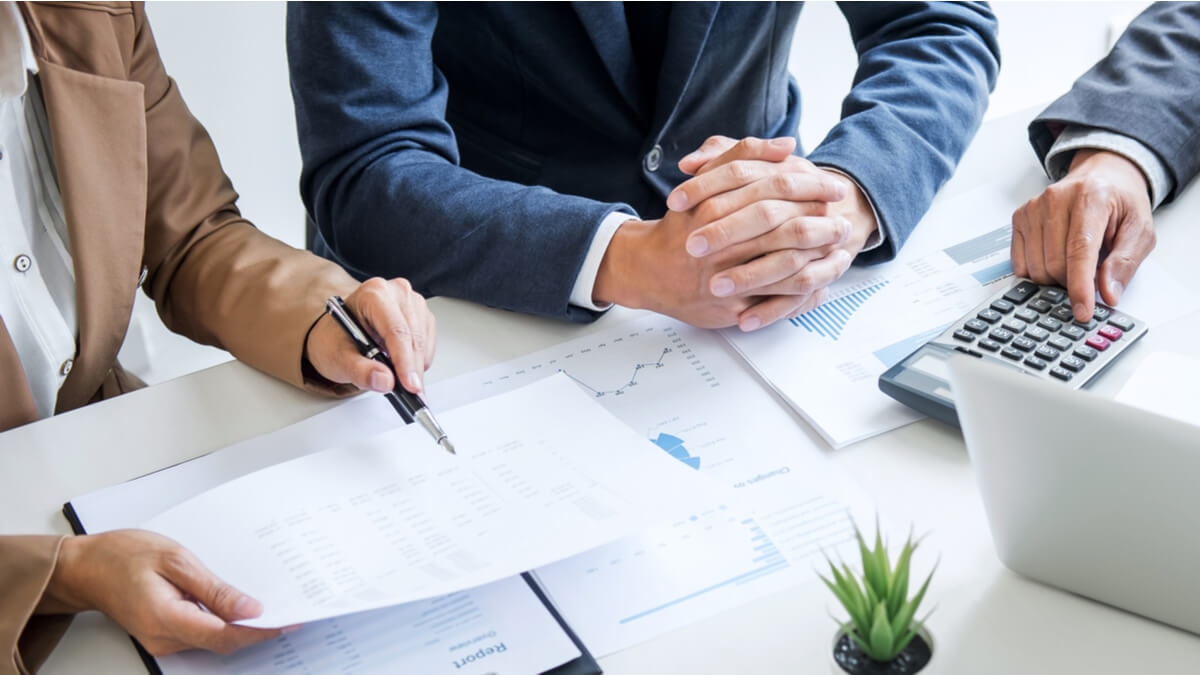How to open a foreign currency account in the US
Wondering how to open a foreign currency account in the US? Struggling to find information? Read on to find out what you need.

Morocco has a rich culture, delicious cuisine, insane landscapes and welcoming locals. More importantly for some - especially digital nomads and business owners - the cost of living is extremely low, so you can live well, even on a fixed budget.
If you’ve chosen Morocco as your new home, you’ll need to get your finances sorted. This guide will walk you through everything you need to know about opening a bank account in Morocco.
Few Moroccan banks offer the option to open an account online. Where this is possible - with banks like BMCE® for example - the service is aimed at Moroccans holding a local ID card and proof of address.
If you have a Moroccan National ID card, or an MRE as a Moroccan living abroad, you may well be able to set up your account remotely. If not, the chances are that you’ll need to visit a branch in person.
Theoretically, US citizens may be able to open non-resident accounts in Morocco, but in practice, banks may limit the availability of these accounts, and they’ll not necessarily offer all the services you may get from a resident account.
Non residents can usually only open a “convertible” account, which you can’t deposit cash or checks in dirhams into. However, you can transfer money from your bank account in your home country, provided you can prove its origin and it’s declared through Moroccan customs.
You’ll need to shop around to see if any non-resident accounts from local Moroccan banks suit your needs, as they’re commonly aimed at Moroccans living abroad, rather than foreigners with links to the country.
The documents needed to open a Moroccan bank account do vary a lot depending on the bank and the specific account you pick. At the very least you can expect to need:
- Valid identification document and visa if needed
- Valid proof of address, such as a leasing contract or utility bill
Depending on the account you may also need to prove your income or employment.
While opening an account is fairly easy, it’s a lot harder if you don’t speak Darija (Moroccan Arabic) or at least French with some fluency. If that's the case, you’ll want to take a translator with you when you go to open your account, as English isn't common in Morocco.
Otherwise, all you need to do is go to the bank, submit your documents and fill out an application. The timeline will vary from bank to bank; larger international banks can usually open your account in the same afternoon, while local banks may take up to a week.
Morocco is home to many local and international banks, all of which offer varied services. The primary thing to consider is their proximity to your home or office, as feeless withdrawals will normally only be available from the bank through which you make your account, and almost everything in Morocco must be paid for with cash.
That being said, some of the most popular banks in the country include:
Arab Bank isn’t huge, but is present in several of Morocco’s major cities, including Meknes, Rabat and Casablanca. The bank offers a range of accounts and services, including:
|
|---|
BMCI², run by BNP Paribas®, is one of Morocco’s largest retail bank chains. The bank is popular for a number of reasons, including its large number of locations throughout the country, as well as:
|
|---|
Another larger bank, BMCE³ is a popular choice thanks to its numerous locations around Morocco. Customers choose BMCE for:
|
|---|
Ubiquitous around Morocco, Credit du Maroc⁴ offers a ton of branches and ATMs, as well as:
|
|---|
No matter where in the world you open your bank account, there are going to be some fees involved.
The best thing you can do is to review all of your local banks’ price lists before settling on one, so you can ensure you’re getting the lowest fee for the services you need most.
While fees are pretty variable, some of the most common ones include:
If you’re withdrawing money from your own bank, you won’t normally run into any fees at the ATM. If you need to get cash from a different bank, you can expect to pay a fee.
Normal bank fees can vary a lot, but you may be charged for:
|
|---|
While convertible accounts are designed to accept foreign transfers, they often come with high fees and an exchange rate markup. If you’re planning to pay or get paid in foreign currencies often, you may want to compare your bank’s rate against the mid-market rate to get a clear picture of the full costs of your transaction.
While life in Morocco may feel a little foreign at first, your banking certainly shouldn’t. No matter which bank you choose, you’ll find you have access to many of the same financial conveniences you do at home, despite the cash-culture. With that, you’re ready to get started. Good luck opening your bank account in Morocco!
Sources:
Sources checked on 10.19.2023
*Please see terms of use and product availability for your region or visit Wise fees and pricing for the most up to date pricing and fee information.
This publication is provided for general information purposes and does not constitute legal, tax or other professional advice from Wise Payments Limited or its subsidiaries and its affiliates, and it is not intended as a substitute for obtaining advice from a financial advisor or any other professional.
We make no representations, warranties or guarantees, whether expressed or implied, that the content in the publication is accurate, complete or up to date.

Wondering how to open a foreign currency account in the US? Struggling to find information? Read on to find out what you need.

Considering closing your foreign bank account? Discover the tax implications, benefits, and steps involved in making this decision. Learn more here.

Learn how to close your ADCB account from abroad with this comprehensive guide. Discover the steps, required documents, and tips for a smooth process.

Learn how to close your UAE bank account from abroad with this comprehensive guide. Discover the steps, required documents, and tips for a smooth process.

Learn how to close your AIB bank account from abroad with this comprehensive guide. Discover the steps, required documents, and tips for a smooth process.

Learn how to close your Emirates NBD account from abroad with this comprehensive guide. Discover the steps, required documents, and tips for a smooth process.